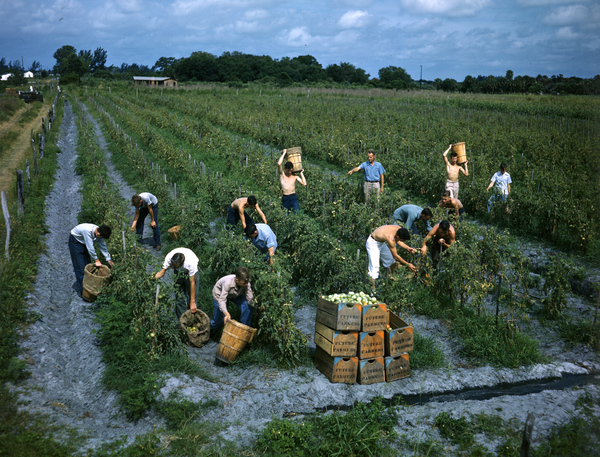![]()
Anyone who tries to tell you that the COVID-19 pandemic, and its associated social, political, and economic panics, are good things is an idiot, or trying to sell you some kind of snake oil, or both. Society-wide disasters are always net negatives, or we wouldn’t think of them as disasters in the first place. Silver linings are never as shiny as the clouds they run through are large.
That doesn’t mean silver linings don’t exist, though. They do, and some of them are significant.
One major silver lining in the United States is that the nation’s patchwork of government-operated daycare centers / day prisons / drone worker boot camps, aka “public schools,” have temporarily shut down as part of the effort to slow the spread of the disease.
That’s a silver lining in itself: Even if the kids only miss a quarter-year of classroom confinement, most of them are probably going to advance at least a full grade level where real life skills are concerned. Yes, they’ll lag in terms regurgitating whatever propaganda they’re spoon-fed, but that’s a feature, not a bug. They’re getting a glimpse of what real freedom might look like.
But when the pandemic and its associated panics end, parents are going to be faced with a wrenching choice: Continue educating their kids, or hand those kids back over to the professional parasite class that’s monopolized “education” in America for more than a century?
The tax burden imposed by that parasite class has increasingly forced both parents in most households to work outside the home over the same time period.
But a second silver lining of the COVID-19 pandemic has been the discovery that working from home is practical for millions who were previously fooled into thinking it wasn’t.
And a third silver lining has been new attention — beyond even that cast by mass school shootings — to the fact that packing dozens of children into single rooms and hundreds or thousands into single buildings on a daily basis would be a bad idea even if the purpose WASN’T to stunt their intellectual growth and turn them into obedient robots.
Millions of American parents just became homeschoolers. That’s a good thing regardless of the reasons. And homeschooling just became more practical as well.
Instead of handing our kids back over to the parasite class when this crisis is over, let’s not.
And let’s stop handing our money over as well.
Thomas L. Knapp (Twitter: @thomaslknapp) is director and senior news analyst at the William Lloyd Garrison Center for Libertarian Advocacy Journalism (thegarrisoncenter.org). He lives and works in north central Florida.
PUBLICATION/CITATION HISTORY


